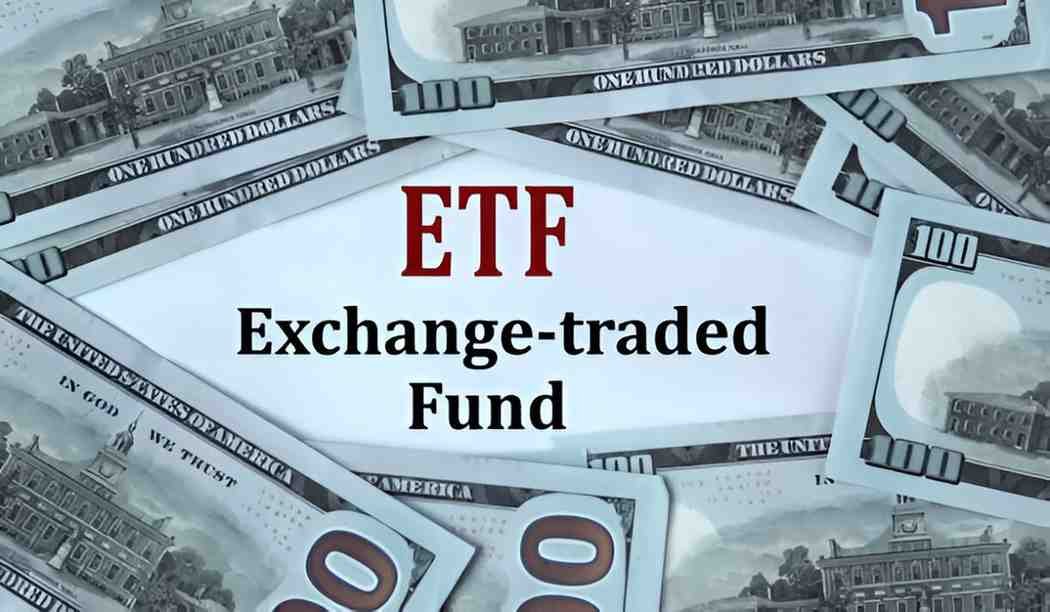As a finance expert, I often get asked whether mutual funds or ETFs (Exchange-Traded Funds) make better investments. While ETFs have gained popularity for their low costs and intraday trading, mutual funds still hold distinct advantages. In this article, I break down why mutual funds can be superior in certain scenarios, backed by data, calculations, and real-world examples.
Table of Contents
1. Professional Management and Active Strategies
Mutual funds thrive on active management, where seasoned portfolio managers make tactical decisions. Unlike most ETFs, which passively track an index, actively managed mutual funds aim to outperform benchmarks.
Alpha Generation Through Active Management
Active managers seek alpha—excess returns above a benchmark. The formula for alpha is:
\alpha = R_p - (R_f + \beta \times (R_m - R_f))Where:
- R_p = Portfolio return
- R_f = Risk-free rate
- \beta = Portfolio’s market sensitivity
- R_m = Market return
A well-managed mutual fund can consistently generate alpha, while ETFs merely mirror market performance.
Example: Fidelity Contrafund vs. S&P 500 ETF
The Fidelity Contrafund (FCNTX), an actively managed mutual fund, has outperformed the SPDR S&P 500 ETF (SPY) over the past 20 years.
| Fund | 10-Year Annualized Return | Expense Ratio |
|---|---|---|
| FCNTX | 12.3% | 0.86% |
| SPY | 10.7% | 0.09% |
Despite higher fees, FCNTX delivered better risk-adjusted returns.
2. No Bid-Ask Spread Costs
ETFs trade like stocks, meaning investors face bid-ask spreads. For less liquid ETFs, spreads can erode returns. Mutual funds, however, transact at Net Asset Value (NAV) without spreads.
Spread Impact on ETF Returns
Suppose an ETF has:
- Bid price: $50.00
- Ask price: $50.20
- Spread cost: \frac{50.20 - 50.00}{50.00} = 0.4\%
Frequent traders lose money on spreads, while mutual fund investors avoid this entirely.
3. Automatic Reinvestment and Fractional Shares
Mutual funds automatically reinvest dividends and capital gains, ensuring compound growth. ETFs require manual reinvestment, which can lead to cash drag.
Compounding Example
A $10,000 investment growing at 8% annually with dividends reinvested:
FV = P \times (1 + r)^nAfter 20 years:
- Mutual fund: Automatic reinvestment ensures full compounding.
- ETF: If dividends sit uninvested for even a month, returns suffer.
4. Better Suited for Dollar-Cost Averaging (DCA)
Most mutual funds allow automated monthly investments without fees. ETFs, however, incur brokerage commissions per trade (unless using commission-free platforms).
Cost Comparison: DCA in Mutual Funds vs. ETFs
| Feature | Mutual Funds | ETFs |
|---|---|---|
| Automated investing | Yes | No |
| Commission fees | $0 | $5/trade (varies) |
For long-term investors, mutual funds reduce friction in disciplined investing.
5. Wider Access to Niche Strategies
While ETFs cover broad indices, mutual funds offer:
- Sector-specific active strategies
- Small-cap and micro-cap exposure
- Alternative asset classes (e.g., managed futures, long-short equity)
Example: Small-Cap Active Funds vs. ETFs
The T. Rowe Price Small-Cap Stock Fund (OTCFX) has consistently beaten the iShares Russell 2000 ETF (IWM).
| Fund | 5-Year Return | Expense Ratio |
|---|---|---|
| OTCFX | 9.8% | 0.87% |
| IWM | 7.2% | 0.19% |
Active small-cap managers exploit market inefficiencies better than passive ETFs.
6. No Premium/Discount to NAV
ETFs can trade at premiums or discounts to NAV due to supply-demand imbalances. Mutual funds always transact at NAV, ensuring fair pricing.
ETF Premium Risk Example
During the 2020 market crash, some bond ETFs traded at a 5%+ discount to NAV. Investors selling faced unexpected losses.
7. Better Tax Efficiency in Some Cases
While ETFs are generally tax-efficient, certain mutual funds (like index mutual funds) match ETFs in tax treatment. Additionally, active mutual funds can use tax-loss harvesting more effectively.
Tax-Loss Harvesting in Mutual Funds
A manager can sell losing positions to offset gains, reducing taxable distributions. ETFs lack this dynamic management.
Conclusion: When Mutual Funds Shine
ETFs excel in liquidity and cost, but mutual funds offer:
✔ Superior active management
✔ No bid-ask spreads
✔ Automatic reinvestment
✔ Seamless dollar-cost averaging
✔ Access to niche strategies
✔ NAV-based pricing
For long-term investors seeking outperformance, mutual funds remain a compelling choice.





